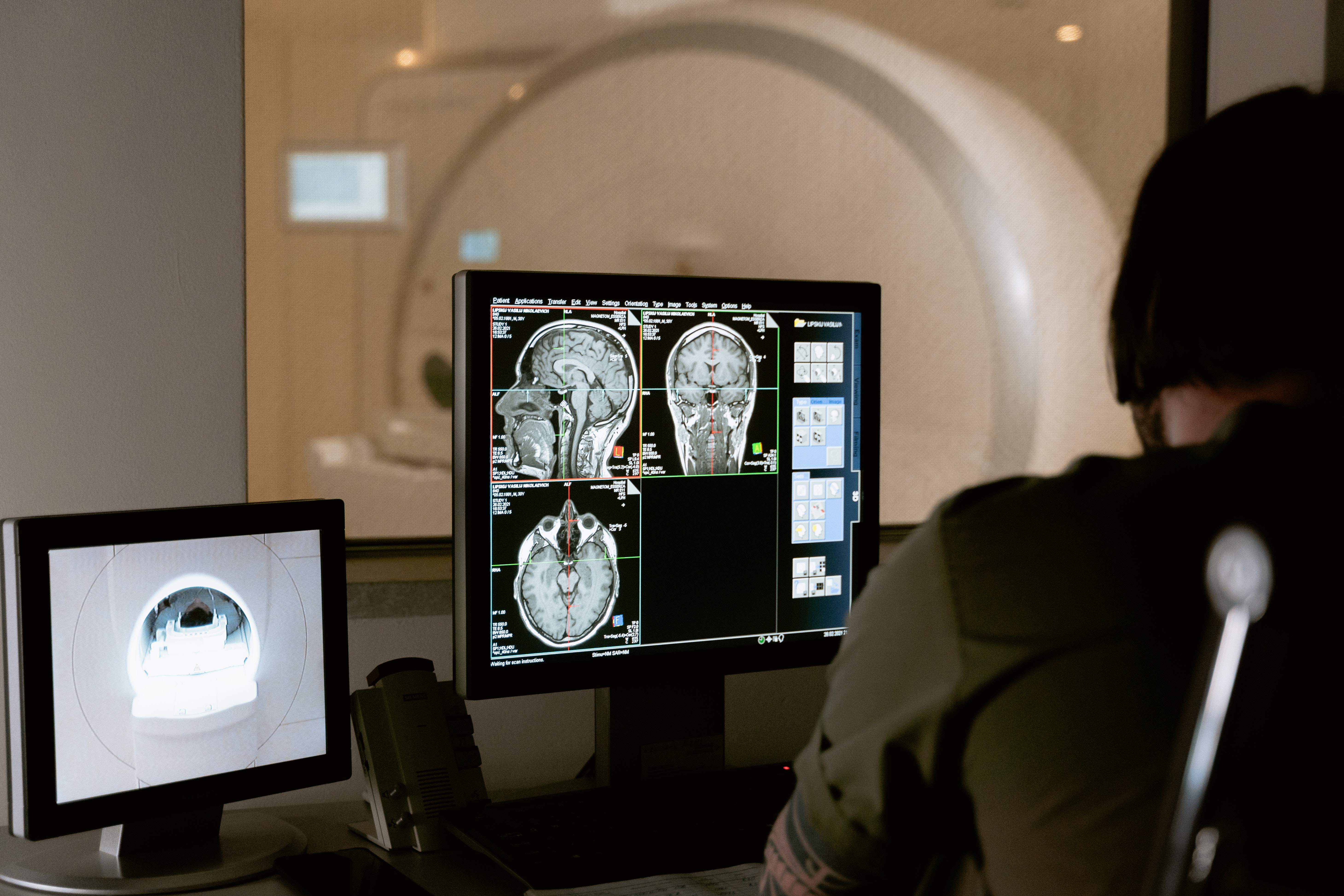Bipolar Disorder Clinic


Bipolar disorder, formerly known as manic-depressive illness, is a mental health condition characterized by extreme mood swings, ranging from manic highs to depressive lows. This disorder affects millions of people worldwide, presenting a complex and challenging landscape for both individuals and healthcare professionals. This essay delves into the multifaceted nature of bipolar disorder, exploring its symptoms, potential causes, and the impact on individuals’ lives.
Symptoms and Phases:
Bipolar disorder manifests in two primary phases: manic and depressive. During manic episodes, individuals may experience heightened energy, increased impulsivity, elevated mood, and a reduced need for sleep. On the flip side, depressive episodes involve persistent feelings of sadness, hopelessness, fatigue, and changes in sleep and appetite. The severity and duration of these episodes can vary, with some individuals experiencing rapid mood swings, known as mixed episodes.
Types of Bipolar Disorder:
Bipolar disorder is not a one-size-fits-all condition, and there are different subtypes, including Bipolar I, Bipolar II, and Cyclothymic Disorder. Bipolar I is characterized by severe manic episodes, often requiring hospitalization, while Bipolar II involves less severe manic episodes (hypomania) paired with depressive episodes. Cyclothymic Disorder entails chronic mood fluctuations that do not meet the criteria for full-blown manic or depressive episodes but persist for an extended period.
Potential Causes:
The exact cause of bipolar disorder remains elusive, but it is widely accepted that a combination of genetic, biological, and environmental factors contributes to its development. Family history plays a significant role, as individuals with a close relative diagnosed with bipolar disorder are at a higher risk. Neurochemical imbalances in the brain, particularly involving neurotransmitters like serotonin and dopamine, are also implicated.
Impact on Daily Life:
Living with bipolar disorder can be challenging, as the unpredictability of mood swings can disrupt personal relationships, work, and daily functioning. The manic phase may lead to impulsive decisions and risky behaviors, while the depressive phase can bring about isolation and difficulties in maintaining responsibilities. The cyclical nature of the disorder often necessitates ongoing management and support.
Treatment Approaches:
Bipolar disorder is a lifelong condition, but effective treatments can help individuals manage symptoms and lead fulfilling lives. Mood stabilizers, antipsychotic medications, and psychotherapy are commonly prescribed. A comprehensive treatment plan may also include lifestyle modifications, such as regular sleep patterns, stress management, and avoiding substance abuse.
Conclusion:
Bipolar disorder is a complex mental health condition that significantly impacts the lives of those affected. Understanding its various phases, potential causes, and the challenges it poses is crucial for effective management. With ongoing research, improved awareness, and personalized treatment approaches, individuals with bipolar disorder can navigate their unique journey towards stability, resilience, and a better quality of life.
Contact us at: (713) 486-2621

